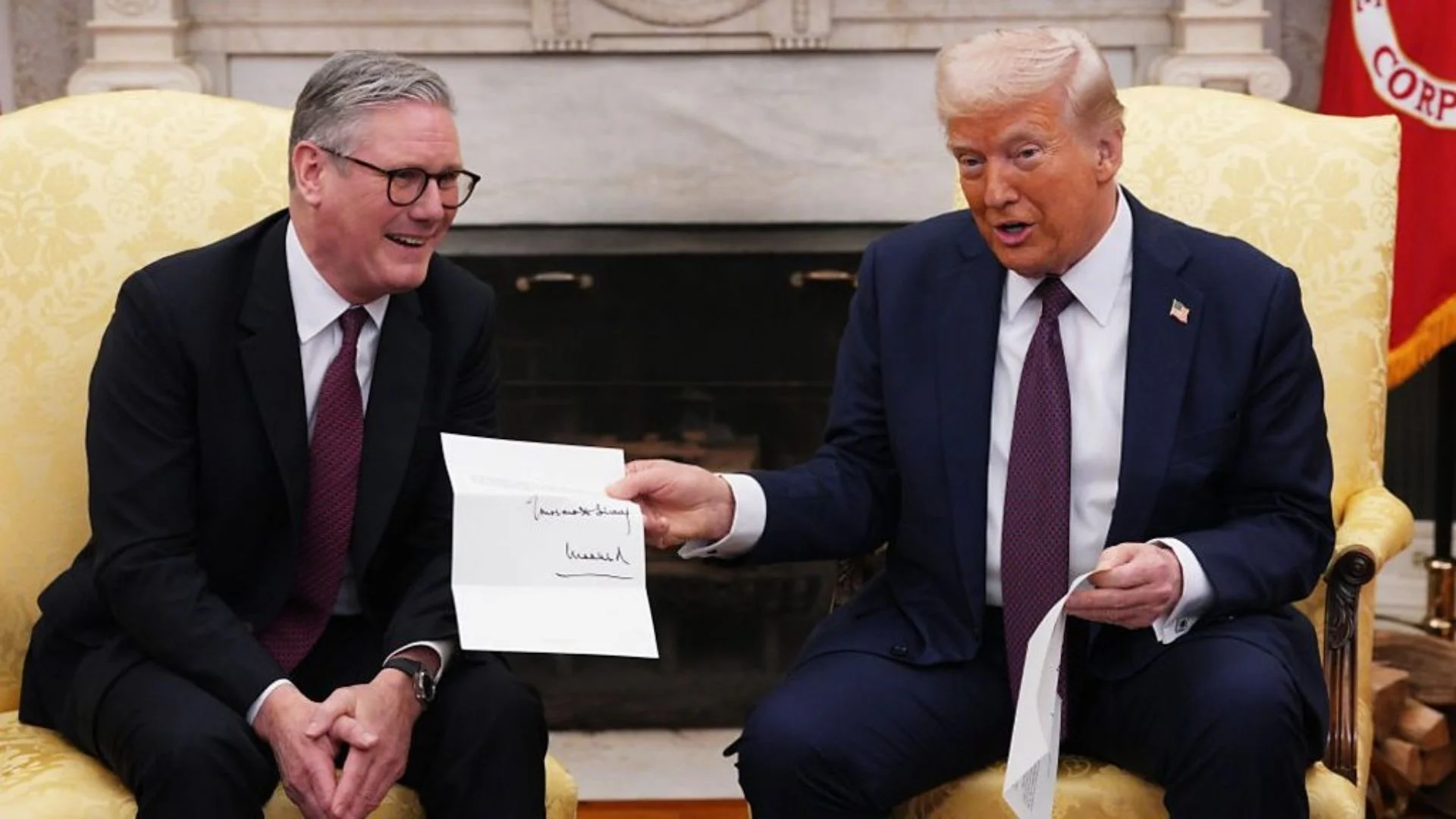On Wednesday, former President Donald Trump announced a 25% tariff on auto imports, a move he claims will boost domestic manufacturing and generate $100 billion annually. Trump emphasized that the policy, set to take effect on April 3, is “permanent” and will eliminate what he calls a “ridiculous” supply chain that spans across the United States, Canada, and Mexico.
Economic Impact and Consumer Concerns
Experts warn that the tariff could lead to significantly higher vehicle prices, reduced consumer choices, and economic strain, particularly on middle-class buyers. Economist Mary Lovely from the Peterson Institute for International Economics noted that the added costs would make new vehicles less affordable, forcing many to keep aging cars.
Currently, the average price of a new car stands at approximately $49,000. With the full cost of tariffs passed onto consumers, prices could surge by as much as $12,500 per vehicle.
Impact on the Auto Industry
The United States imported nearly 8 million cars and light trucks in the past year, valued at $244 billion, with Mexico, Japan, and South Korea among the top suppliers. Additionally, over $197 billion worth of auto parts were sourced mainly from Mexico, Canada, and China.
While the Trump administration asserts that the tariffs will encourage automakers to shift production to the United States, restructuring supply chains is a complex and time-consuming process. Industry analysts predict that job losses and increased manufacturing costs could occur before any benefits materialize.
Stock Market and Global Reactions
Following Trump’s announcement, major automakers saw varied stock movements. General Motors’ shares dropped by nearly 3%, Stellantis (owner of Jeep and Chrysler) declined by 3.6%, while Ford experienced a slight uptick. Investors remain cautious about the long-term effects of the policy on profitability.
Leaders from Canada and the European Union criticized the tariffs, warning of potential economic disruptions. Canadian Prime Minister Mark Carney pledged to protect Canadian businesses, while EU officials warned of damage to consumers and trade relations.
Retaliation Risks and Trade Tensions
The tariffs risk triggering a global trade war, with other nations considering countermeasures. The European Union has already threatened a 50% tariff on U.S. spirits, prompting Trump to respond with the possibility of a 200% tax on European alcohol.
Proposed Tax Deduction Plan
To offset the expected rise in vehicle prices, Trump proposed a tax deduction plan that would allow buyers to deduct auto loan interest from their federal income taxes—but only for vehicles made in the U.S.
Long-Term Trade Implications
Trump’s broader economic policy includes tariffs on steel, aluminum, computer chips, and energy products. Economists caution that these measures may drive inflation and limit consumer choices. The coming months will reveal whether this tariff strengthens the U.S. auto industry or leads to more economic instability.









